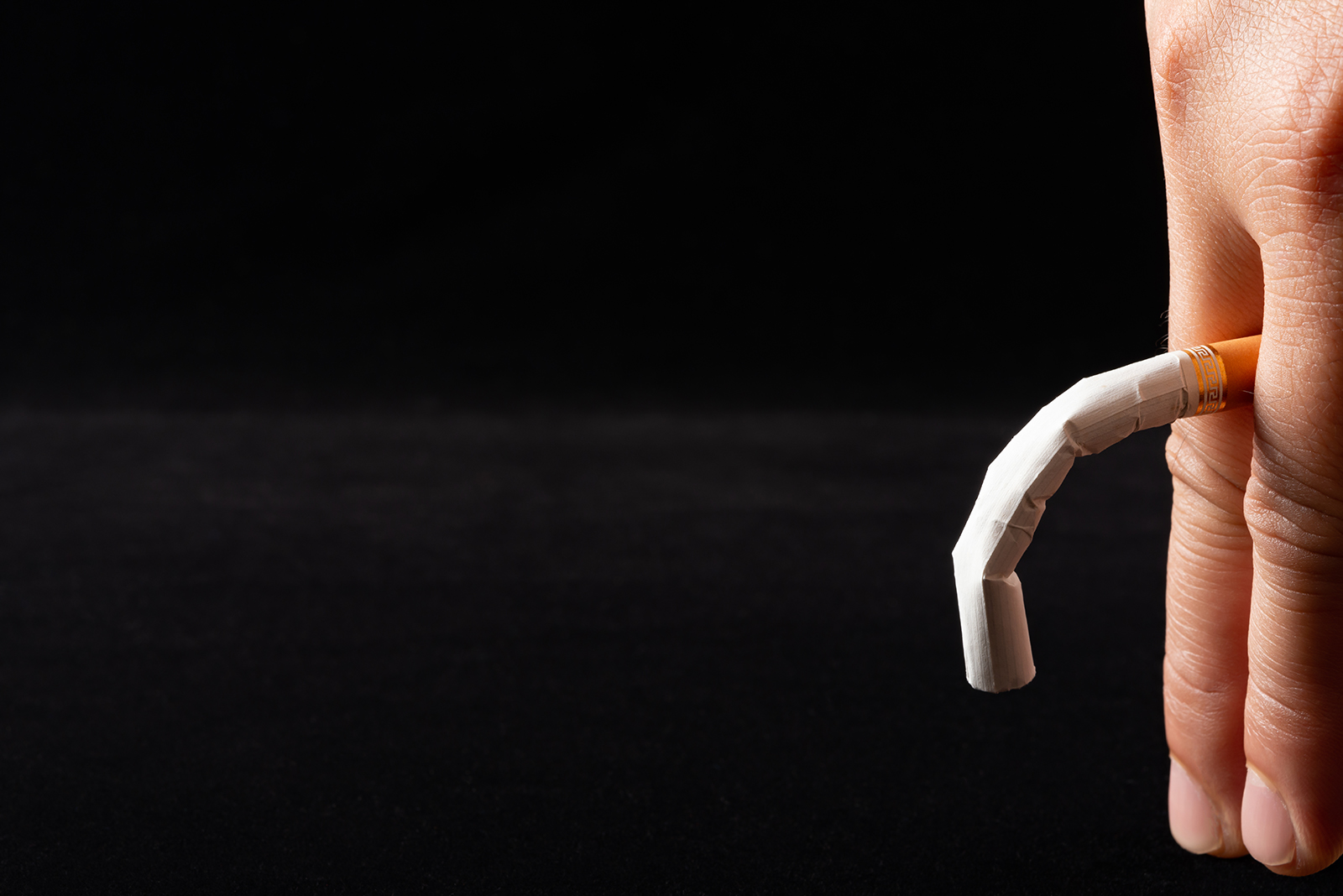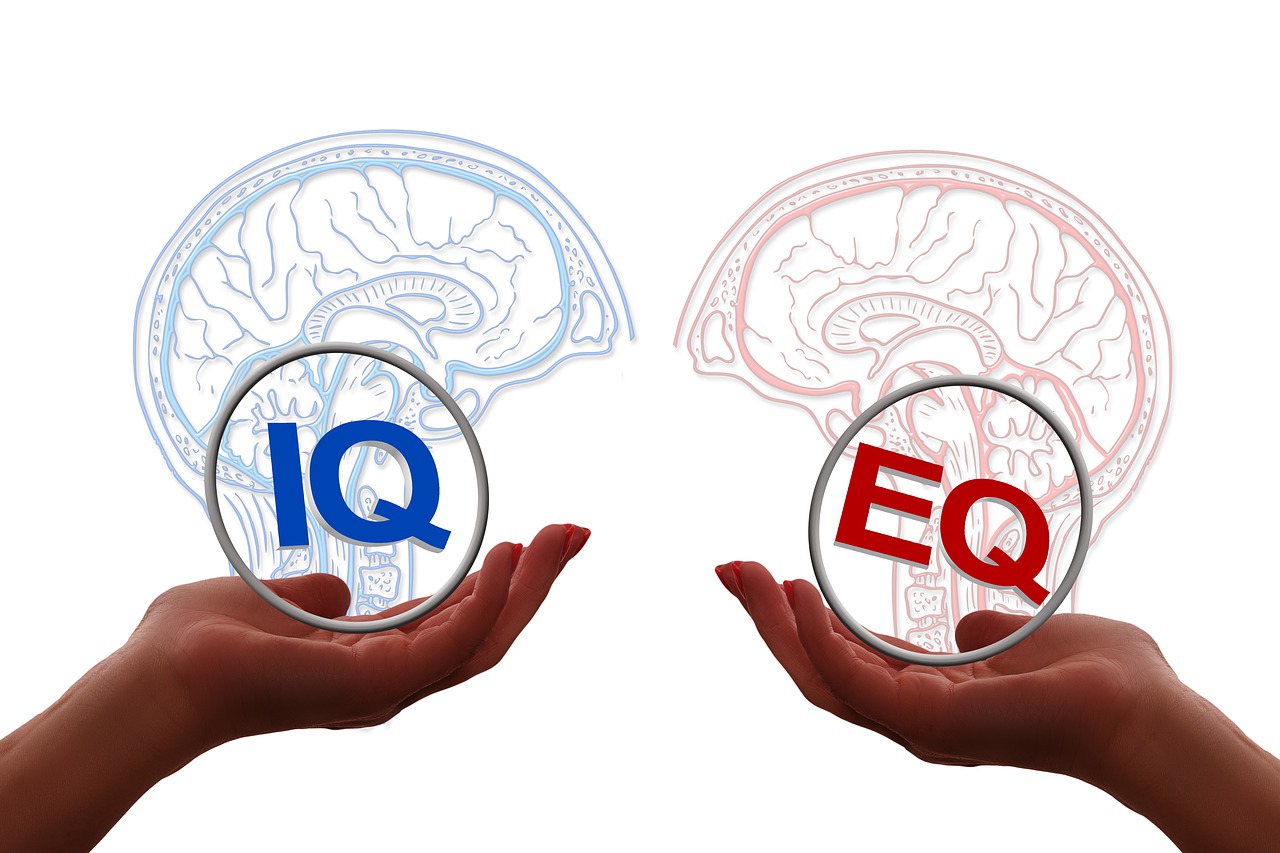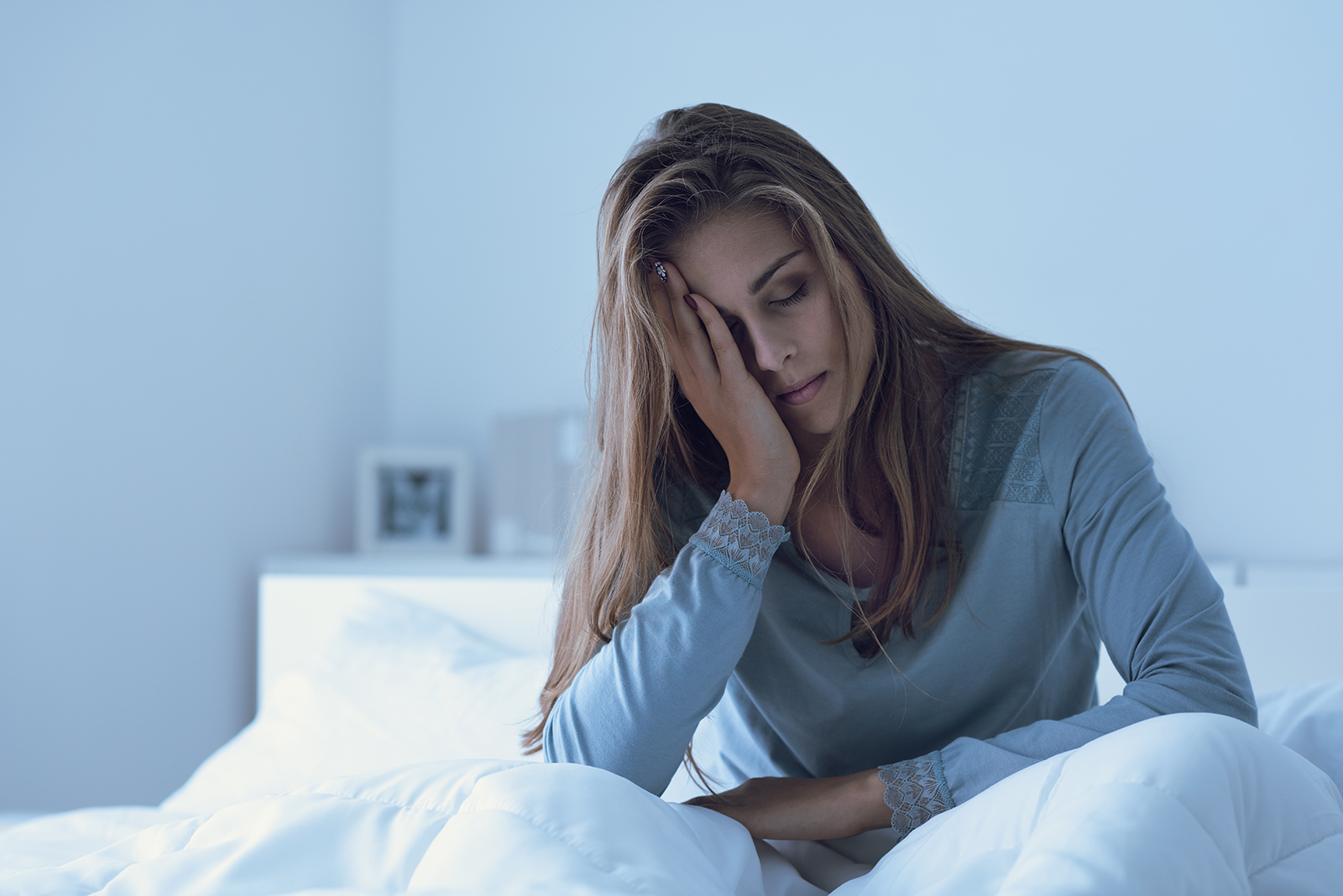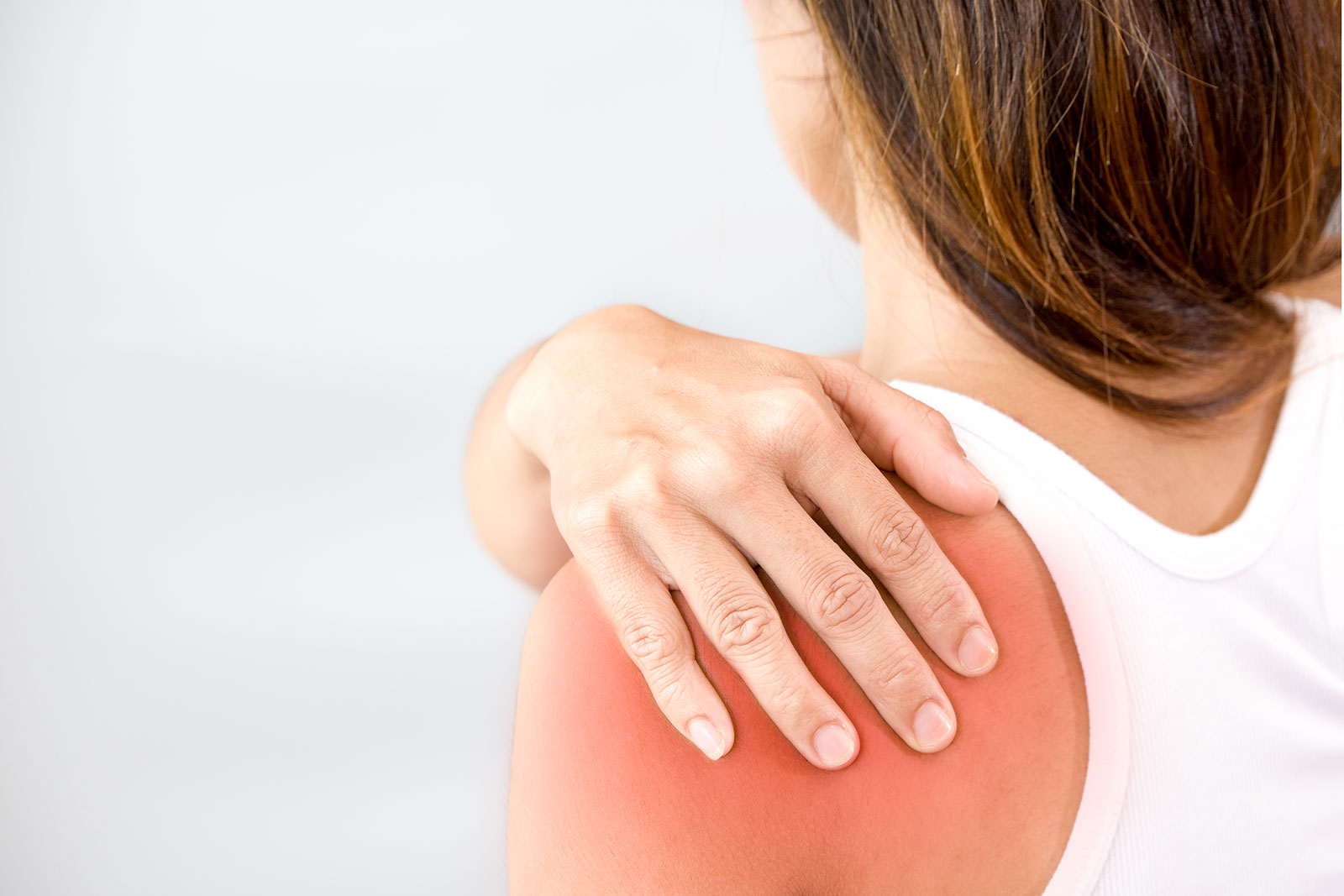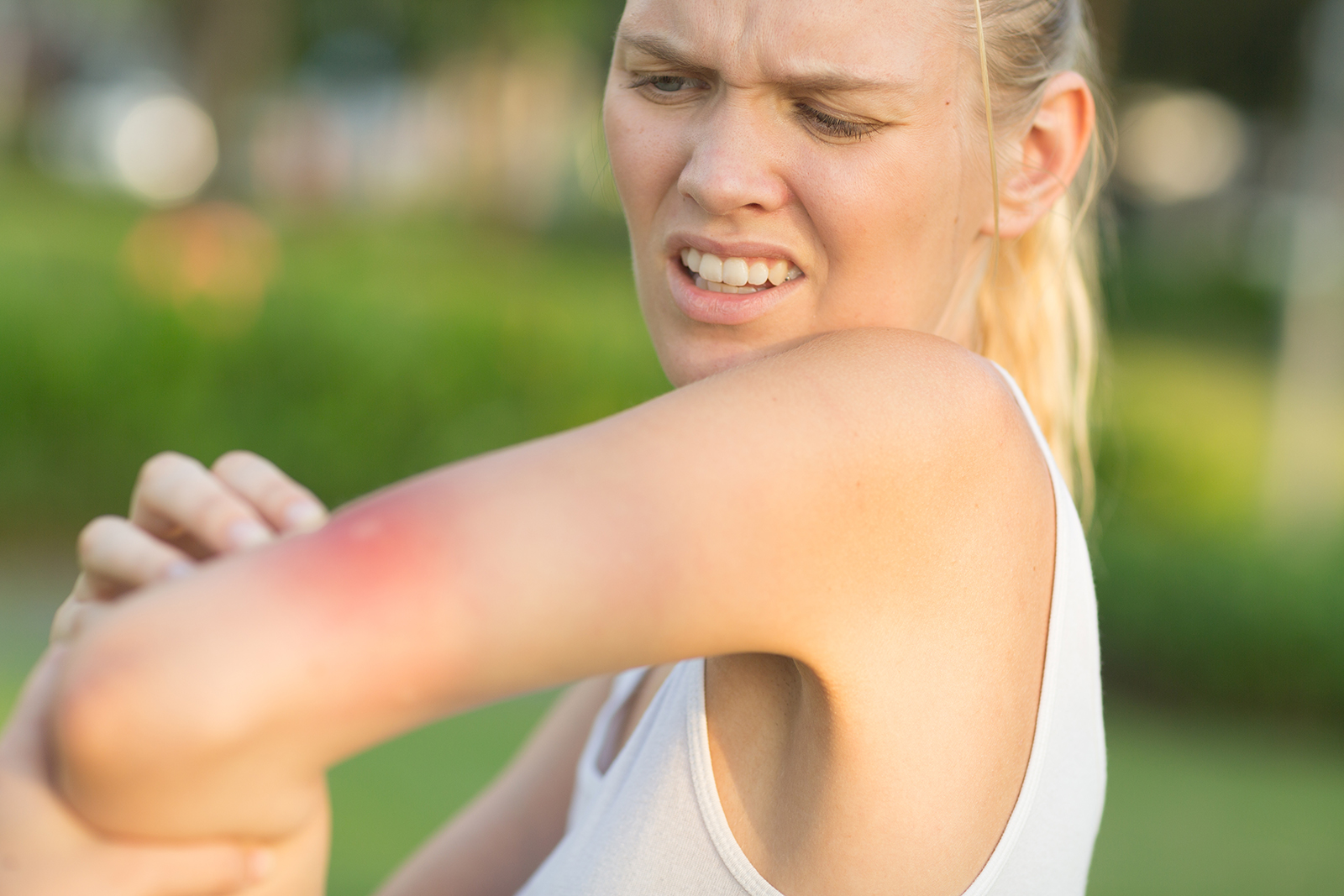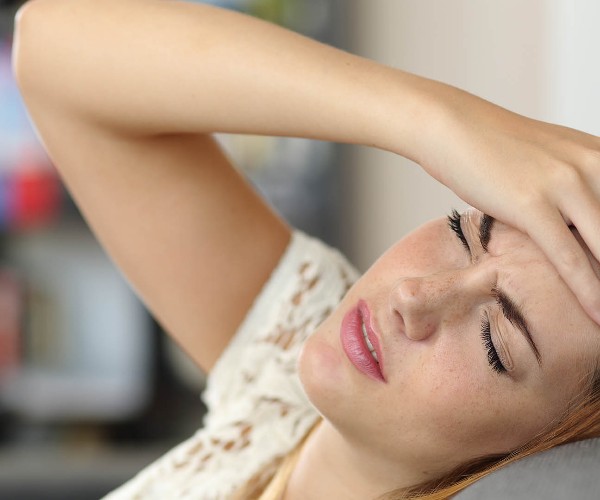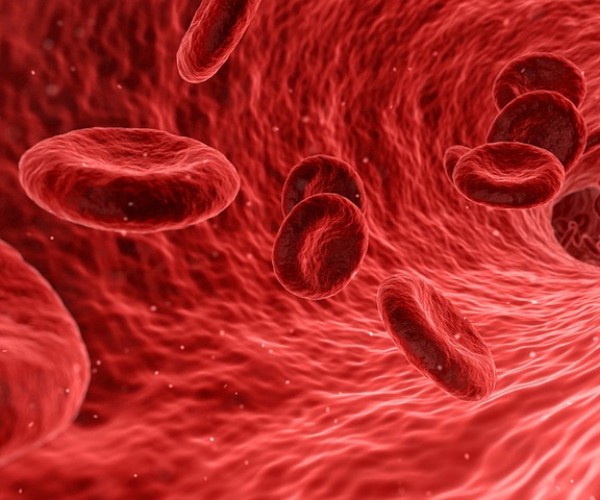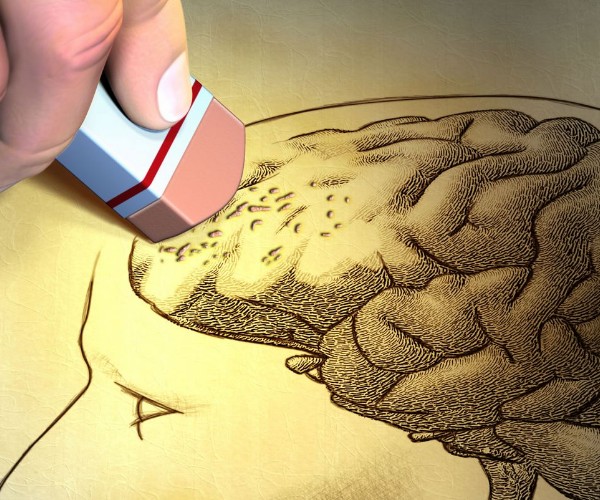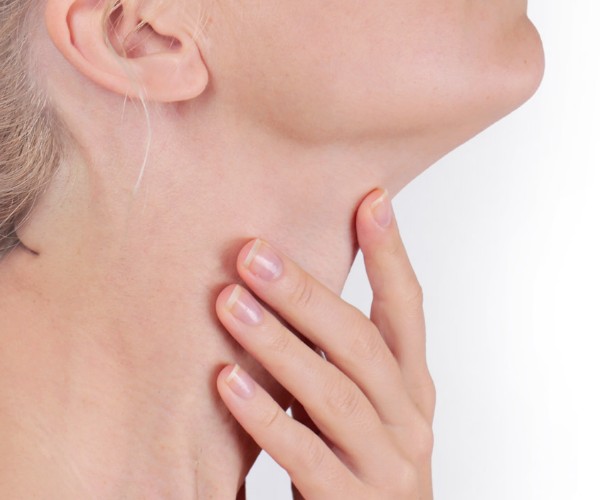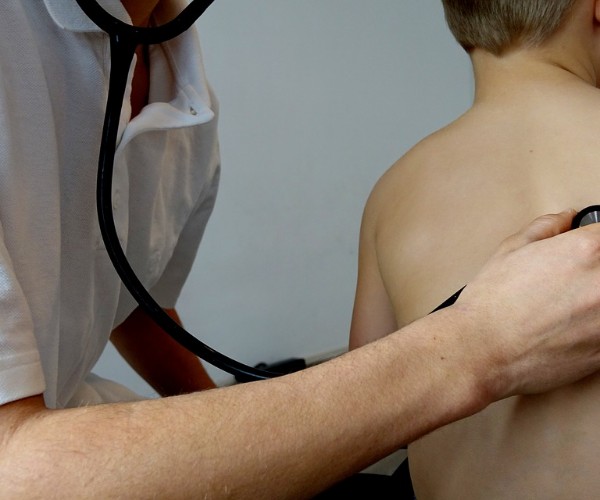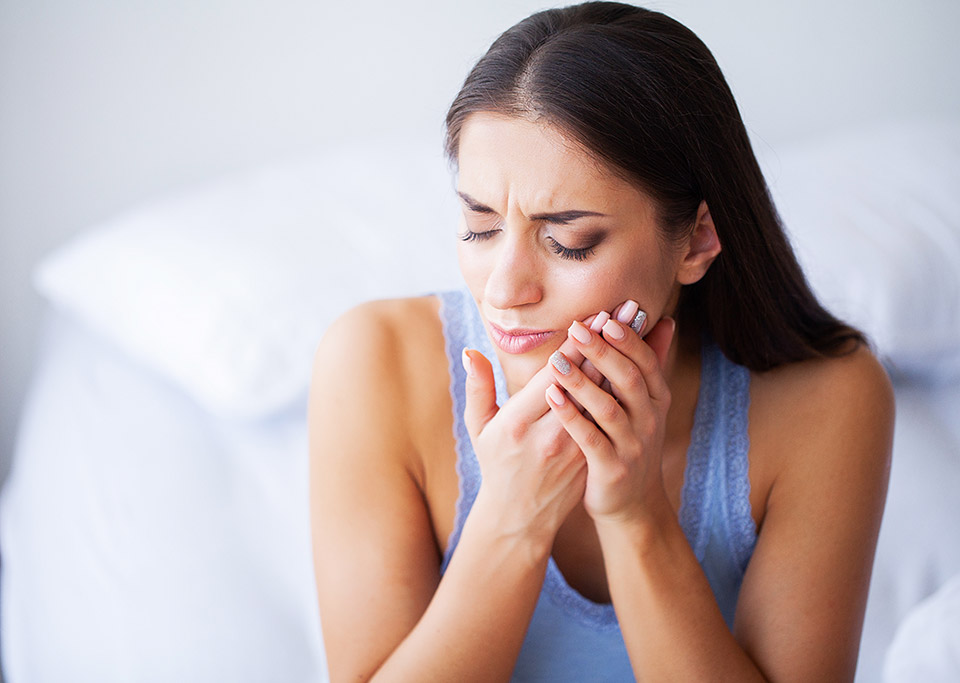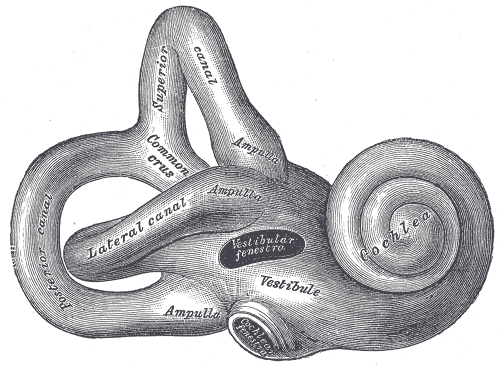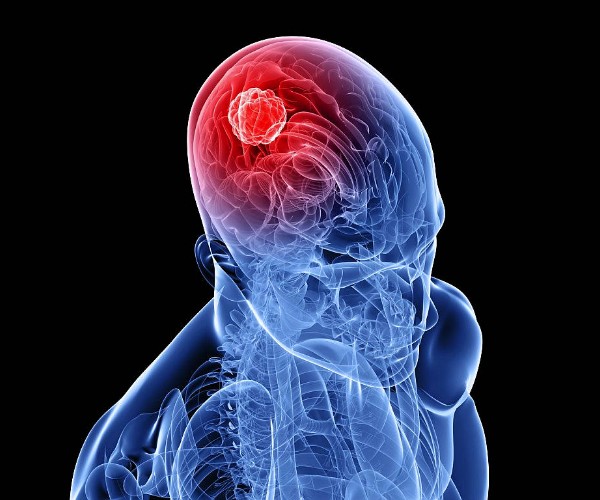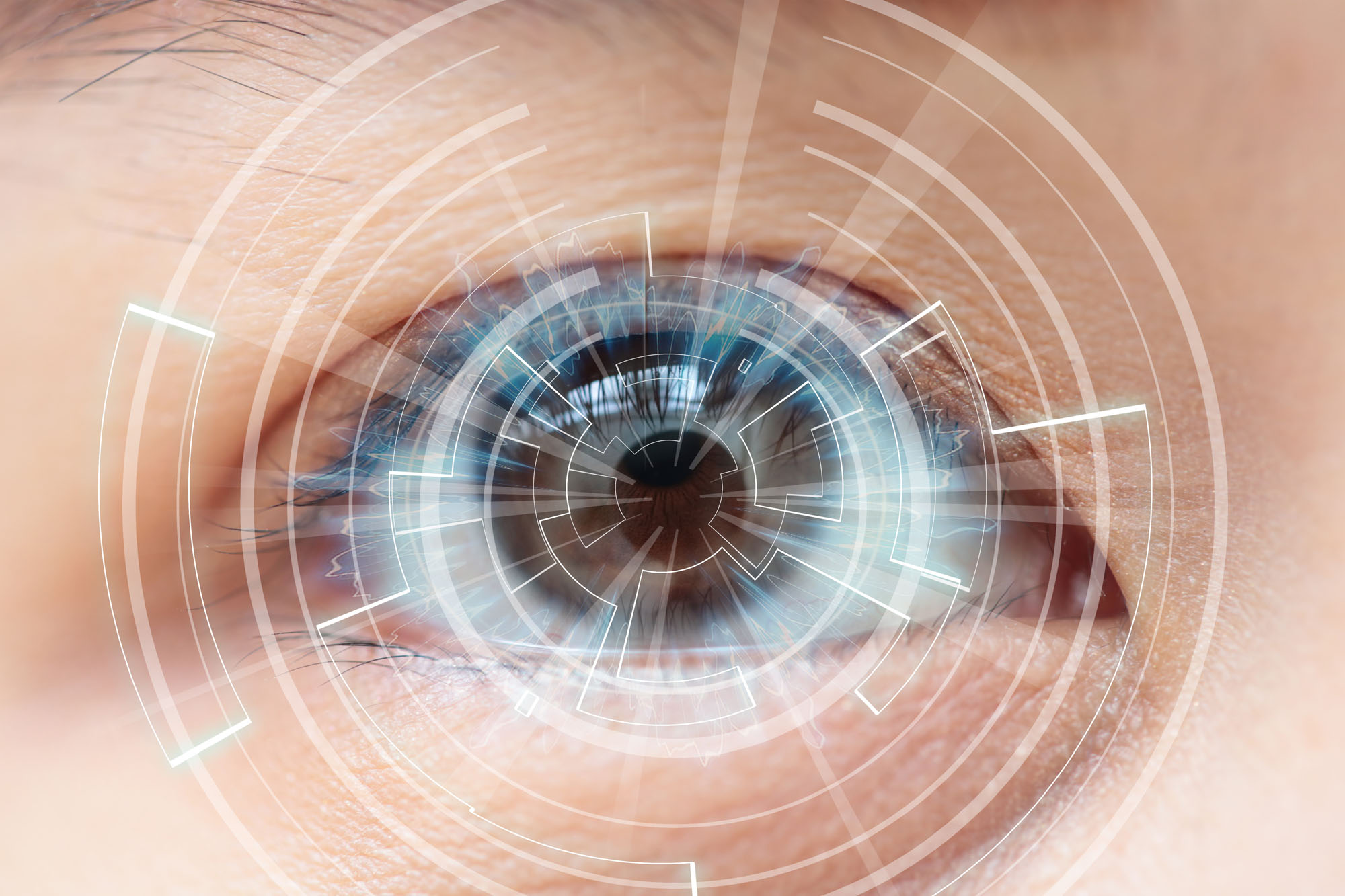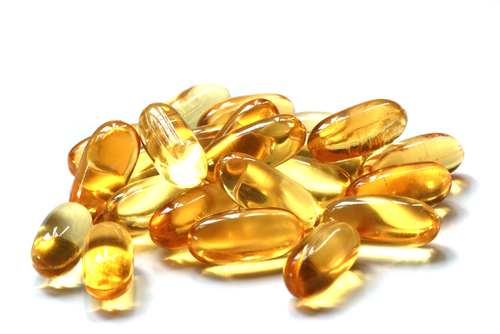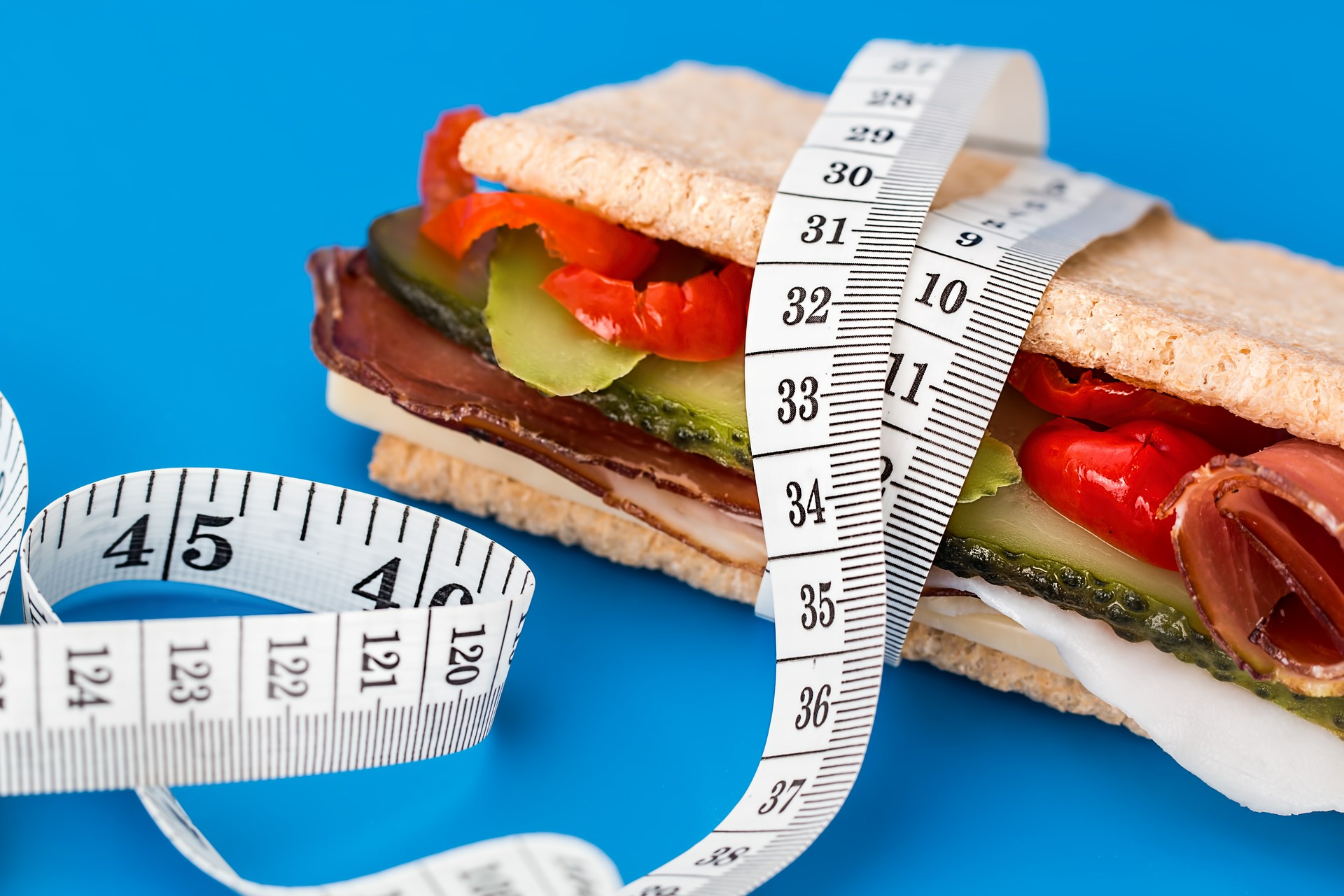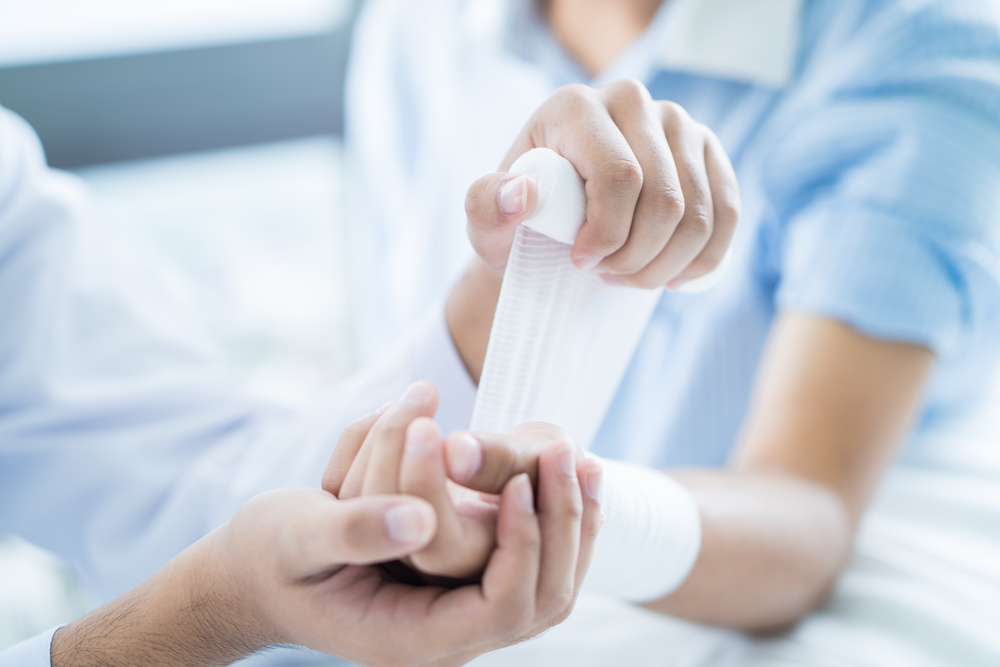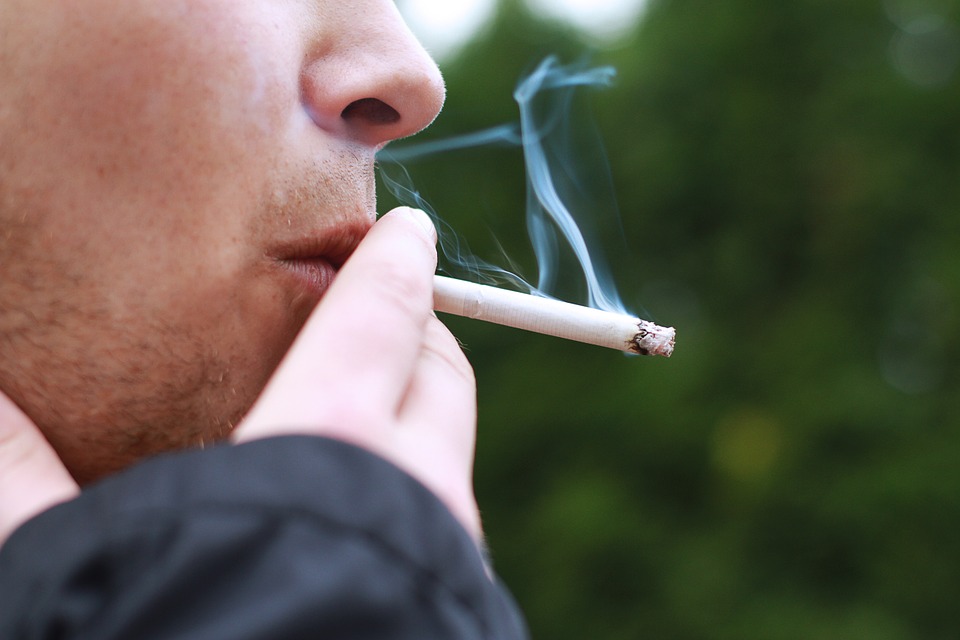Do sleepers catch no fish? Perhaps, but he can get better grades in school for the same amount of effort and hours spent on books during the day.
Reporting this are the results of a studio conducted by researchers at the University of Washington, which evaluated the effects of a measure introduced in high schools in the Seattle (U.S.) district for the purpose of granting children the ability to get a little more sleep in the morning and bring the average number of hours devoted to the night’s rest to the 8-10 hours per night recommended for adolescents by the American Association of Pediatricians (AAP, American Academy of Pediatrics).
Starting from the consideration that the sleep is essential not only to rest the body and mind, but also to promote the reorganization and consolidation of information assimilated during the day, U.S. experts thought that Postpone the time of entry to school by about one hour, from 7:50 a.m. to 8:45 a.m., could have favorable effects on intellectual performance and performance in study.
In fact, the outcomes recorded by comparing the grades obtained by students attending the schools involved in the trial at the same times of the year, before and after the change in the entrance time, confirmed this hypothesis.
Moreover, achieving better school results and taking advantage of a more alert and receptive mind throughout the day took very little. The 55-minute forward shift in the time of school entry was, in fact, matched by an average increase in the time children slept by 34 minutes, bringing the overall nightly sleep duration on school-attendance days from an average of 6 hours 50 minutes to 7 hours 24 minutes, with no significant changes in bedtimes or other changes in sleep-wake rhythms on weekends.
Although the average sleep duration remained below the period recommended by theAmerican Academy of Pediatrics, as well as on school performance, the measure of the Seattle district has also resulted in a significant reduction in the number of late admissions and school absenteeism, especially in favor of students from disadvantaged backgrounds.
The overall effects recorded by the University of Washington researchers have prompted many experts to urge the heads of educational institutions to consider postponing the start time of classes in all upper secondary schools. But wouldn’t it be less complicated to get teenagers used to going to bed earlier in the evening?
Perhaps, but in light of current knowledge it may be more difficult for children to get used to anticipating falling asleep, and the overall effects of this type of intervention may not be particularly favorable. During adolescence, in fact, the internal biological clock tends to be “shifted forward” from that of adults, making teens more likely to fall asleep a little later in the evening and wake up a little later in the morning. Keeping the time of kids’ spontaneous falling asleep constant and giving them even only 30-40 minutes more sleep in the morning would, therefore, seem to be the most “physiological” solution and characterized by the best psychophysical and intellectual outcomes.
Source
- Dunster GP et al. Sleepmore in Seattle: Later school start times are associated with more sleep and better performance in high school students. Sci Adv 2018;4:eaau6200




